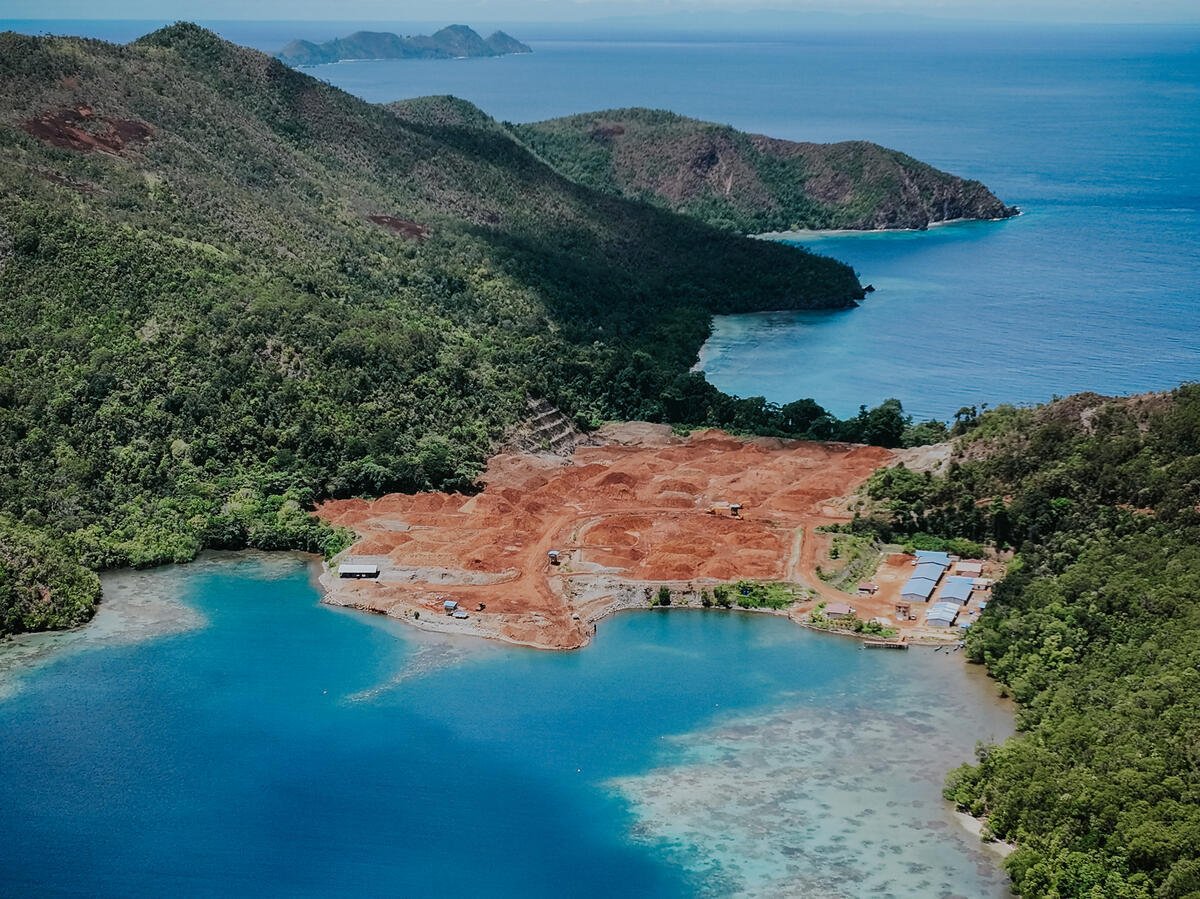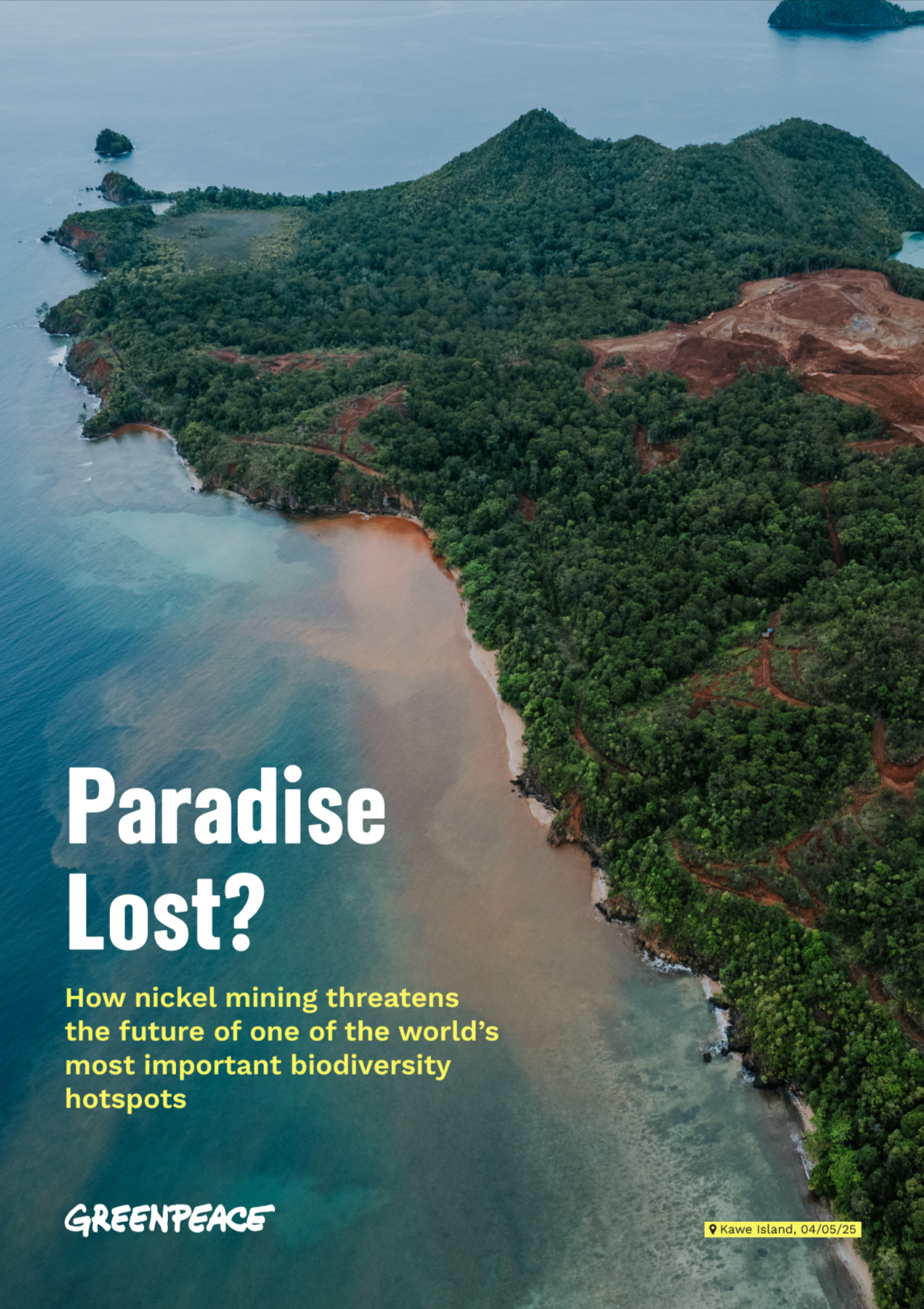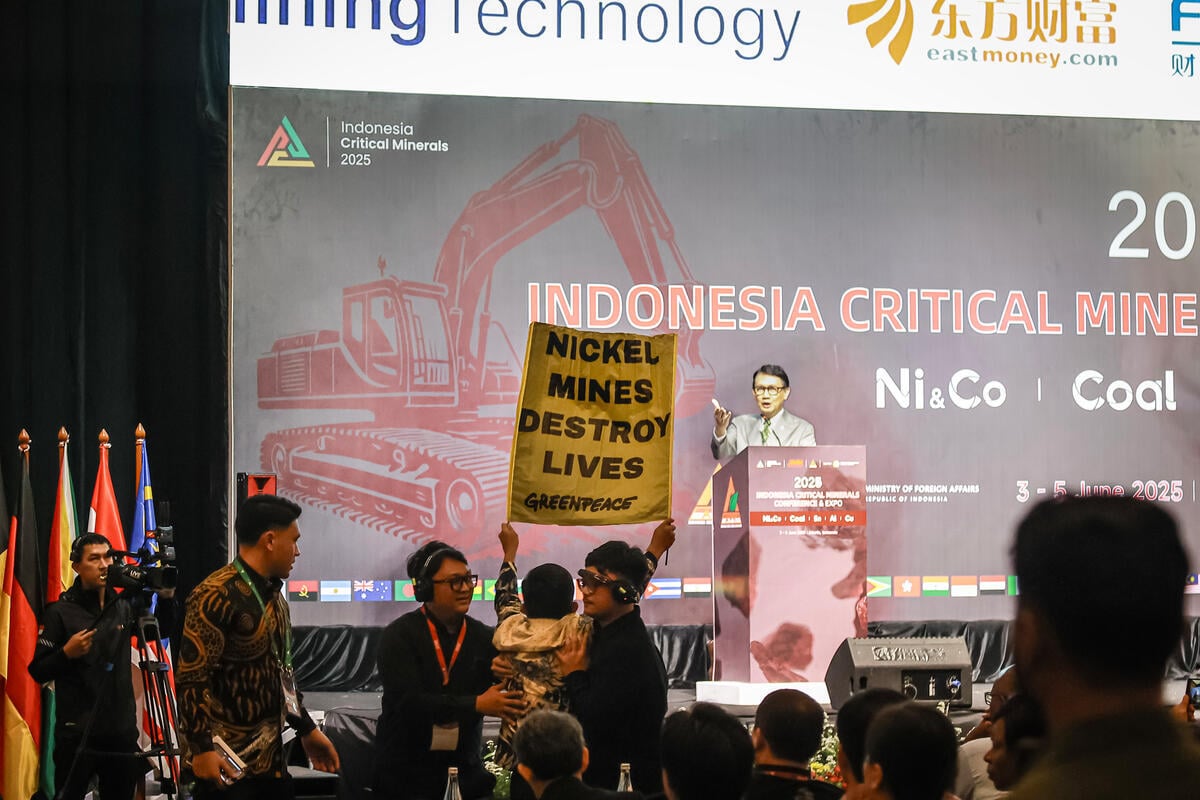Jakarta, 30 October 2023 – Greenpeace Indonesia has called out the Indonesian government’s failure to attend the Three Basins Summit in Brazzaville, Congo on October 26-28, a new initiative where efforts to save tropical rainforests from destruction were the agenda. The forum brings together leaders from the world’s three largest rainforest regions – the Amazon, Congo and Borneo-Mekong – Southeast Asia.
Countries in these three areas contain more than 80 percent of the world’s rainforests and two-thirds of global biodiversity. Saving rainforests in these three regions is crucial in addressing the current climate and biodiversity crises.
“This is very disappointing. The Three Basins Summit aims to be a global alliance to protect tropical rainforests, and has an important role in formulating concrete steps towards this goal. The Indonesian government should be actively participating and strengthening this much needed global cooperation. Countries of the global South must work closely together more than ever to fight the climate crisis,” said Arie Rompas, Greenpeace Indonesia’s Forest Campaign Team Leader.
Earlier, on the sidelines of the G20 meeting held in Bali in November 2022, Indonesia agreed to a three-way alliance to protect tropical forests alongside Brazil and the Democratic Republic of Congo. Compared to the Indonesian government, however, Brazil and the DRC now seem to be playing a more active role in the initiative.
According to information obtained by Greenpeace, the Indonesian government’s given reasons for failing to attend included preparations for the 2024 elections. Policies concerning global initiatives such as those discussed at the Three Basins Summit were said to be ‘a concern for the next government’.
Rainforests in the Amazon, Congo Basin and Indonesia need to be protected from deforestation for monoculture plantations, infrastructure, logging and mining. Last year Indonesia saw a return to an increasing deforestation rate, recording 208,000 hectares of gross deforestation, a 19% increase compared to 2021 (Nusantara Atlas).
At the Three Basins Summit, representatives of Greenpeace Indonesia, Brazil and Africa presented a number of proposals to save tropical rainforests. Efforts to save tropical rainforests cannot not be implemented without recognising the important role of Indigenous Peoples and local communities.
More than 75 percent of forests are protected by Indigenous Peoples and local communities, yet their role and knowledge in the protection of nature and biodiversity has not been sufficiently recognised. In addition, of all global forest management project funding in the past decade, only 17 percent involved the direct participation of Indigenous Peoples’ or local community organisations.
Greenpeace also condemns false solutions that claim to save forests through market schemes, such as carbon trading or carbon offsets. Carbon markets provide a red carpet for environmental polluters to escape responsibility, allowing them to continue greenhouse gas emissions, instead of seriously cleaning up and changing their behaviour.
“Leaders must abandon market approaches such as carbon trading. Instead, leaders must focus on and seriously engage Indigenous Peoples and local communities. Data and experience on the ground shows that they have proven to be the frontline guardians of nature and biodiversity,” said Arie.
Contacts:
Arie Rompas, Greenpeace Indonesia, +62 811-5200-822
Igor O’Neill, Greenpeace Indonesia, [email protected] +61-414-288-424



